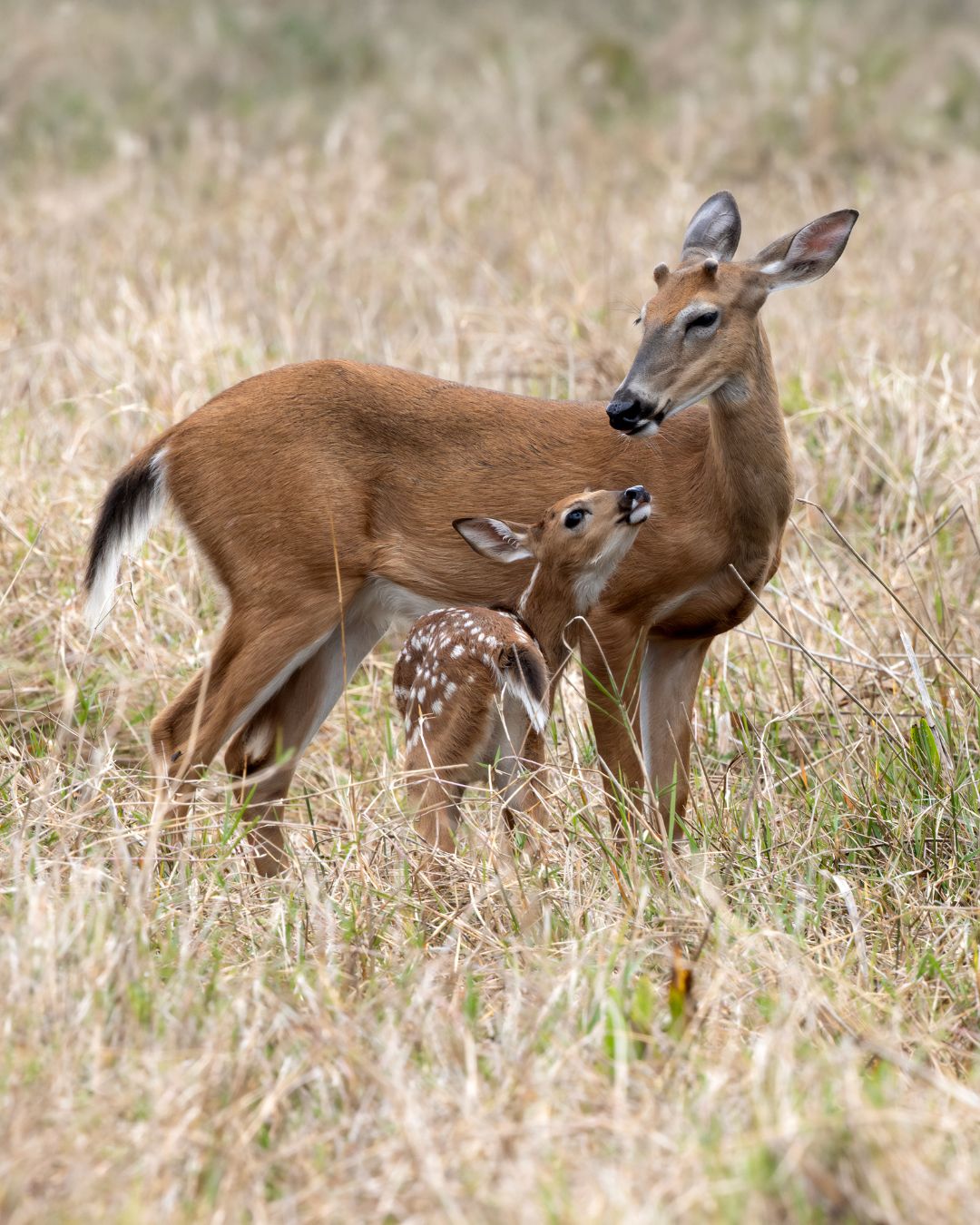The Florida Wildlife Federation has worked tirelessly since 1936 to protect at-risk species, conserve remaining wildlife habitats, and ensure that our state’s natural beauty and precious resources remain for future generations to value.
A Legacy of Conservation
Over the last century, Florida’s plants and wildlife have struggled to survive amid unchecked development, polluted waters, and disappearing wetlands. The Florida Wildlife Federation was born when those who loved the wild beauty of Florida fought back. In the mid-1930s, sportsmen and women across the nation united with a shared goal: to conserve not only game animals and their habitats, but all of America’s natural treasures. This growing conservation movement led to the founding of state wildlife federations, including FWF in 1936.
From the beginning, FWF played a critical role in shaping Florida’s environmental policies. In the 1940s, it contributed to the creation of the Florida Game and Fresh Water Fish Commission (now the Florida Fish and Wildlife Conservation Commission), which established management programs for wildlife, including the restoration of deer populations. FWF also helped secure the creation of Everglades National Park, influencing water management policies vital to the park’s preservation.
As urban sprawl increased through the 20th century, FWF expanded its advocacy efforts. In the 1970s, it led the charge to halt the Cross Florida Barge Canal, a project that would have disrupted the natural flow of the Ocklawaha River. This victory not only protected vital habitats but also helped establish the Marjorie Harris Carr Cross Florida Greenway, a protected corridor named in honor of one of the movement’s key leaders.


By the end of 20th century, FWF was instrumental in many environmental campaigns, including Everglades restoration, protecting endangered species, and raising awareness about pollution. FWF successfully lobbied for significant legislation such as the Environmental Land and Water Management Act and the Florida Water Resources Act, which laid the foundation for water management districts and land conservation efforts. Other successful campaigns included the Preservation 2000 initiative, which secured over 1 million acres of environmentally sensitive land, and the Florida Turkey Stamp, supporting wild turkey management.
In the 2000s, FWF grew further to successfully lobby for the Coastal Barrier Resources Act and pushed for stronger environmental protections, including work to restore the Everglades and protect against the impact of the BP oil spill. FWF has been recognized for its effectiveness, such as earning the National Wildlife Federation’s Affiliate of the Year award in 2006.
Today, FWF continues its mission to protect Florida’s natural heritage, advocating at local, state, and federal levels to ensure the preservation of the state’s wildlife and habitats for future generations.
Recent Achievements
Other Landmark Accomplishments:
Learn more about our work to conserve Florida’s water, wildlife, and wild spaces.

